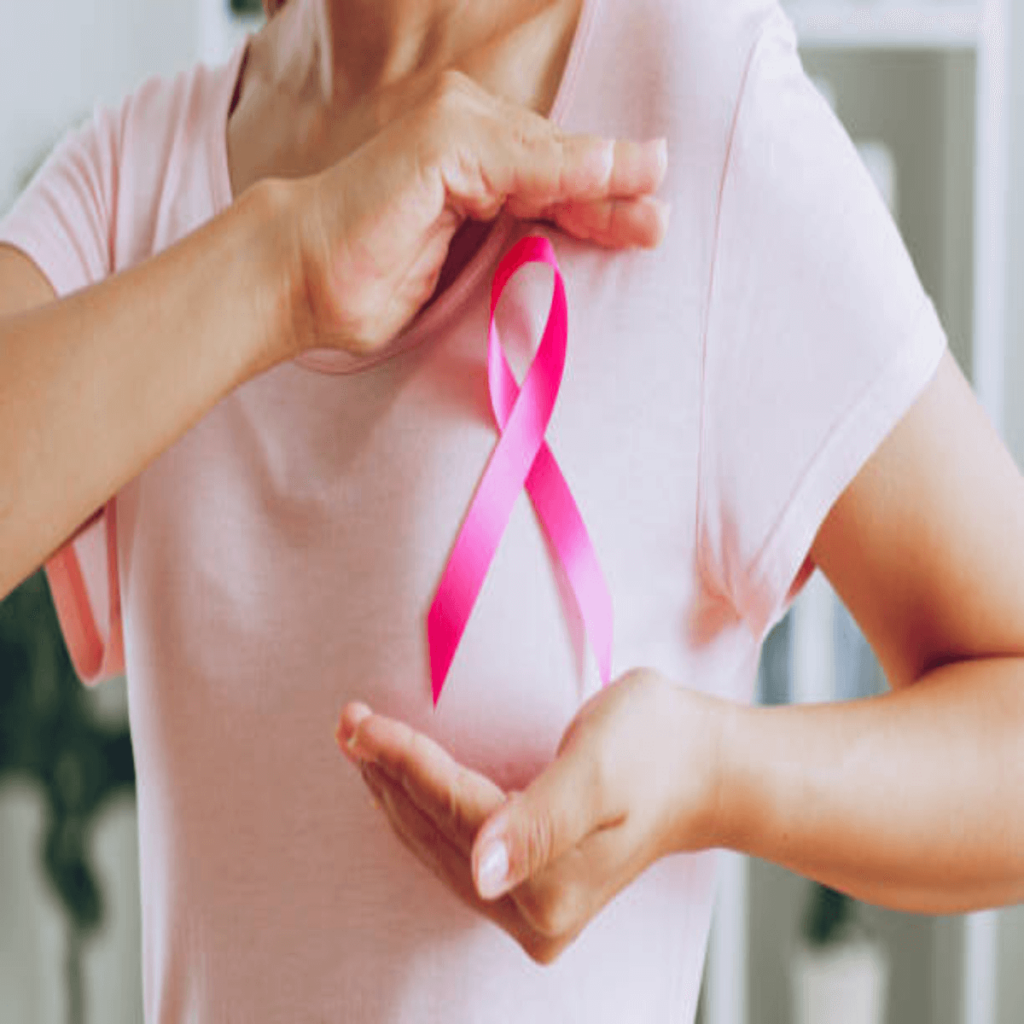Health Conditions
Comprehensive Guide to Breast Cancer
Breast cancer is a topic that resonates with many, affecting millions of people worldwide. In this comprehensive guide, we will delve into the intricate details of this disease, exploring its causes, types, diagnosis, and treatment options. Whether you’re seeking information for yourself or a loved one, it’s important to be armed with accurate knowledge.
Understanding the Causes of Breast Cancer
Breast cancer is a complex disease with various contributing factors. Understanding the causes can help in prevention and early detection. Age is one of the primary risk factors, with the incidence of breast cancer increasing with age. Genetics also play a significant role, and certain gene mutations, such as BRCA1 and BRCA2, can increase the risk of developing breast cancer.
Hormonal influences, such as early menstruation, late menopause, and hormone replacement therapy, can also contribute to the development of breast cancer. Additionally, lifestyle choices, such as smoking, excessive alcohol consumption, and lack of physical activity, can increase the risk. By understanding these intricate interplays, individuals can make informed decisions to reduce their risk of developing breast cancer.
Different Types of Breast Cancer
Breast cancer is not a single disease but encompasses various types, each with its own characteristics and treatment approaches:
- Ductal Carcinoma, which is the most common type, wherein it starts in the milk ducts and can spread to other parts of the breast.
- Lobular carcinoma, on the other hand, starts in the lobules and can also spread.
- Inflammatory breast cancer is a rare but aggressive type that causes the breast to appear red and swollen.
Other types include medullary carcinoma, mucinous carcinoma, and tubular carcinoma. Understanding these different types can help individuals comprehend their condition or that of a loved one and provide a basis for tailored treatment plans.
Breast Cancer Risk Factors
While breast cancer can affect anyone, certain risk factors increase the likelihood of developing the disease. Age, as mentioned earlier, is a significant risk factor, with the majority of breast cancer cases occurring in women over the age of 50. Genetics also play a role, and individuals with a family history of breast cancer are at a higher risk. Hormonal factors, such as early menstruation, late menopause, and hormone replacement therapy, can also increase the risk. Lifestyle choices, including smoking, excessive alcohol consumption, and lack of physical activity, can further contribute to the risk of developing breast cancer. By identifying these risk factors, individuals can take proactive measures to reduce their risk and promote breast health.

Importance of Early Detection and Diagnosis
Early detection and diagnosis are crucial in improving the outcomes of breast cancer. Regular screening, such as mammograms, can help detect breast cancer at an early stage when treatment is more effective. It is important for individuals to be aware of any changes in their breasts and promptly report them to their healthcare provider. Early detection allows for timely intervention and increases the chances of successful treatment and recovery. Additionally, breast self-exams can be performed at home to detect any abnormalities and should be a part of every woman’s routine.
Breast Cancer Screening Methods
Various screening methods are available to detect breast cancer. Mammograms, which use low-dose X-rays, are the most common and effective screening tool. They can detect breast cancer before it can be felt and are recommended for women aged 40 and above. Ultrasounds can be used as a supplementary tool to further investigate any abnormalities detected on mammograms. Biopsies, which involve removing tissue or fluid from the breast, can provide a definitive diagnosis. Genetic testing can also be performed to identify specific gene mutations. Being aware of these screening methods and their appropriateness for different individuals can help in early detection and diagnosis.
Breast Cancer Diagnosis and Staging
When breast cancer is detected, it is essential to determine the extent of the disease through diagnosis and staging. Diagnosis involves evaluating the size, location, and characteristics of the tumor, as well as assessing whether it has spread to nearby lymph nodes or other parts of the body. Staging, on the other hand, determines the extent of cancer spread and helps guide treatment decisions. The staging process involves a combination of imaging tests, such as CT scans and bone scans, as well as further biopsies and laboratory tests. Accurate diagnosis and staging provide a foundation for personalized treatment plans and enable healthcare providers to deliver the most effective care.
Treatment Options for Breast Cancer
Breast cancer treatment options vary depending on the type and stage of the disease, as well as individual factors. Surgery is a common treatment approach and can involve either breast-conserving surgery or mastectomy. Radiation therapy may be recommended after surgery to kill any remaining cancer cells. Chemotherapy, which uses drugs to destroy cancer cells, is often employed to treat breast cancer, particularly when it has spread beyond the breast. Immunotherapy, which stimulates the body’s immune system to fight cancer, and hormonal therapy, which targets hormone receptors in cancer cells, are other treatment options. The choice of treatment depends on various factors and should be discussed with healthcare providers to determine the most suitable approach.
Support and Resources for Breast Cancer Patients
A breast cancer diagnosis can be overwhelming, and it is essential for individuals to have access to support and resources. Support groups and counseling services can provide emotional and psychological support throughout the treatment journey. Additionally, there are various organizations and online platforms dedicated to raising awareness about breast cancer, providing information, and connecting individuals with resources. These resources can empower individuals, alleviate fears, and provide a sense of community during a challenging time.
Breast cancer is not just a medical issue; it touches the lives of millions around the globe. Understanding its complexities empowers us to make informed decisions and actively engage in safeguarding our breast health. Remember, early detection can be life-changing, so staying vigilant with regular check-ups and screenings is paramount. When it comes to treatment, there’s no one-size-fits-all solution, and seeking guidance from healthcare professionals is crucial. Additionally, remember that you’re not alone—there’s a network of support and resources available to help you through every step. Together, through knowledge and awareness, we can strive for a future where early detection and effective treatment are the norm in the fight against breast cancer.


